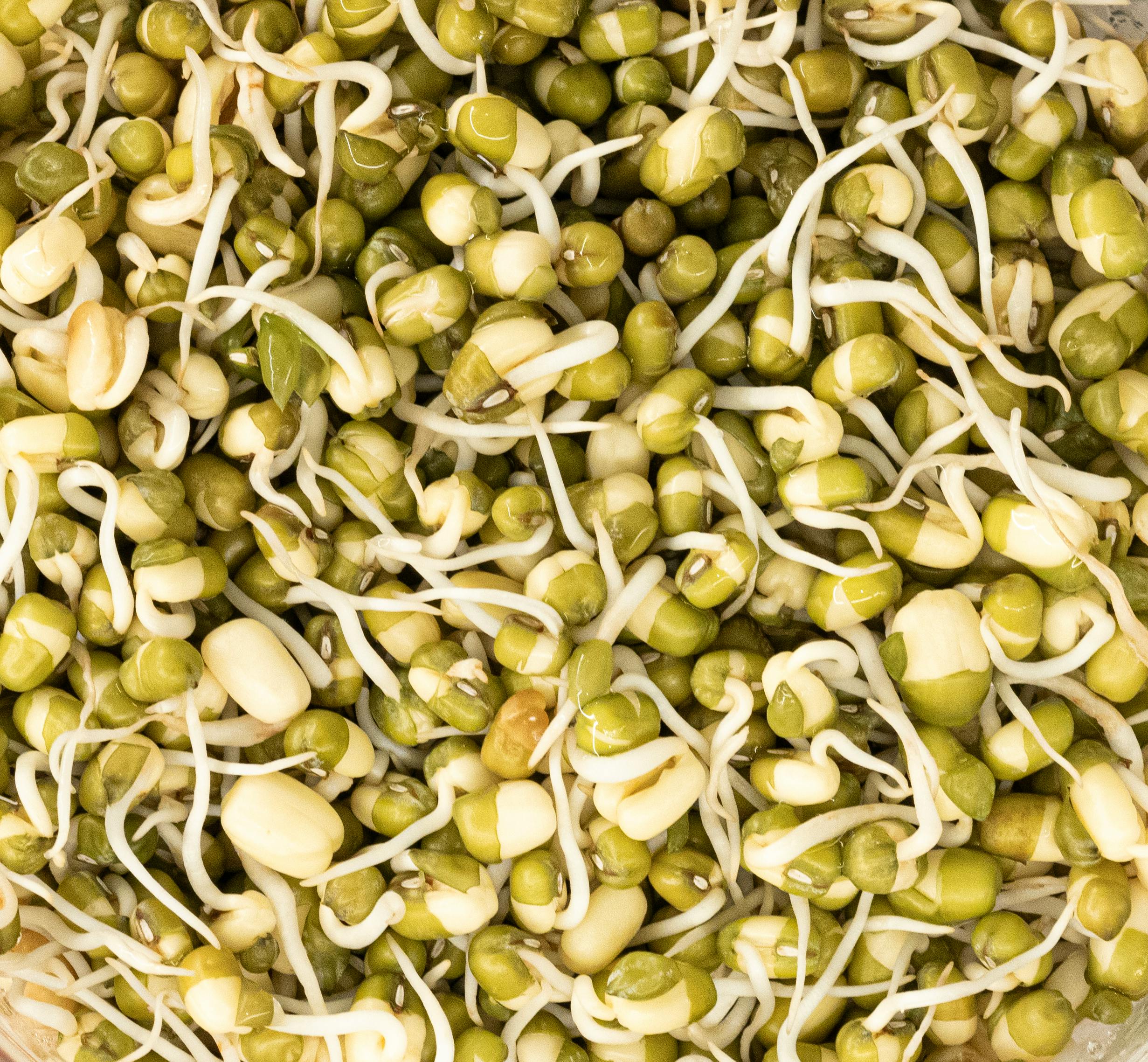B&M Chemicals is a Texas-based supplier of EDTA chelates, humic acids, PGRs, and water-soluble fertilizers, delivering innovative solutions to enhance yields and sustainability across U.S. industries.

Understanding the differences between chelated micronutrients and traditional conventional micronutrients is crucial for maximizing crop yield and overall plant health. At BM Chemicals, we help American growers make informed decisions when sourcing fertilizer and nutrient solutions. This article delves into the science behind chelated nutrients – specifically EDTA and amino-acid chelates – and explores why they often outperform conventional micronutrients, particularly in challenging agricultural environments. Our focus is on providing solutions that align with the unique needs of crops like corn, soybean, lettuce, tomatoes, and cotton, prevalent in regions such as the Midwest and California. We specialize in supplying high-quality fertilizer ingredients to address the specific micronutrient demands of American agriculture.
The fundamental difference lies in the solubility and availability of micronutrients to plants. Conventional micronutrients, such as iron sulfate, manganese sulfate, zinc sulfate, and copper sulfate, are often insoluble in the soil, forming complexes that plants struggle to access. This creates a significant limitation, even when the nutrient is present in sufficient quantities. This is further exacerbated in alkaline soils, where nutrient availability is drastically reduced. In contrast, chelated micronutrients – EDTA (ethylenediaminetetraacetic acid) chelates and amino-acid chelates – are bound to organic molecules, typically EDTA or amino acids, creating a soluble complex that plants can readily absorb. This enhanced solubility directly translates to increased nutrient uptake and utilization.
Why Chelates Are Superior: A Detailed Breakdown
Specific Crop Considerations:
The benefits of chelated nutrients are particularly pronounced in major crops. For example, in corn production – a staple of the Midwest – iron deficiency is a common issue, often linked to alkaline soils. Using an iron EDTA chelate provides a reliable and effective solution. Similarly, in soybean cultivation, manganese and zinc deficiencies can severely limit yield. Our fast delivery options allow us to get these critical nutrients to soybean fields in California swiftly.
Let’s consider the application of chelated micronutrients to specific crops:
BM Chemicals’ Solution: Reliable Supply & Customization
At BM Chemicals, we understand the importance of delivering the right nutrient solutions, exactly when and where they’re needed. We leverage our robust logistics capabilities, including our distribution hub in Texas, to ensure fast shipping to farms across North America. We also offer custom packaging and private-label options to meet your specific brand requirements. Our agronomy support team can guide you in selecting the best chelated nutrient formulations for your crops and soil conditions. We supply bulk fertilizer ingredients, including chelated micronutrients, to businesses of all sizes.
Service Features:
Order in 1‑ton bags, pallets, or custom sizes to fit your operation.
Custom labels and branding to sell under your farm’s name.
Contact us today to discuss your nutrient needs and discover how BM Chemicals can provide you with high-quality chelated micronutrients and exceptional service. We specialize in buying fertilizer ingredients in bulk and distributing them across the U.S. We deliver fast, reliable supply chains and agronomic expertise to help your crops thrive. Let's discuss your specific requirements.